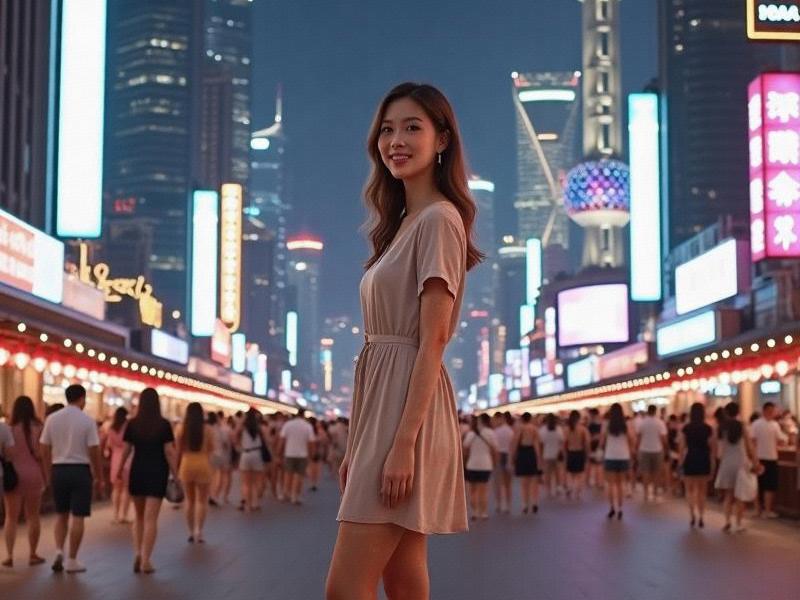This 2,800-word special report examines Shanghai's simultaneous technological leap and cultural revival in 2025, revealing how China's economic powerhouse is redefining urban identity in the digital age.

Quantum Alleyways: Shanghai's Cultural-Tech Symbiosis
The scent of freshly ground coffee blends with ozone from holographic projectors along Wukang Road, where 1920s villas now house quantum computing startups. This juxtaposition epitomizes Shanghai 2025 - a city conducting two revolutions simultaneously. While global attention focuses on its technological achievements (the new Zhaotong Quantum Research Center recently achieved 128-qubit supremacy), an equally profound cultural renaissance is unfolding in its historic neighborhoods.
The Jiangnan Culture Preservation Initiative
Shanghai's municipal government has invested ¥8.7 billion in its "Roots and Wings" program, yielding remarkable results:
- 46 intangible cultural heritage (ICH) items digitized with 8K VR preservation
- The world's first AI-powered Wu dialect preservation platform
- 19 traditional craftsmanship hubs revived in refurbished shikumen complexes
At the newly opened Longhua Temple Digital Archives, curator Dr. Zhou Xinyi demonstrates how visitors can virtually participate in a Tang Dynasty tea ceremony: "We're using motion capture to preserve rituals that were disappearing. The AI doesn't replace masters - it learns from them."
夜上海419论坛
Smart Tourism 3.0
The Shanghai Cultural & Tourism Bureau's "Time Machine" project has transformed visitor experiences:
- AR-enabled propaganda posters reveal 1930s street scenes
- Blockchain-authenticated replica artifacts from the Song Dynasty
- AI concierges that recommend hidden gems based on facial mood analysis
French tourist Élodie Martin recounts her surprise: "My wristband vibrated when I passed a 1927 jazz club site, suggesting I listen to the original recordings. Suddenly history wasn't in a museum - it was in the pavement."
The Creative Economy Explosion
上海龙凤419手机 Huangpu District's "Silicon Bund" now hosts over 200 cultural-tech startups. Notable innovators include:
- MindCanvas: Using EEG headsets to recrteeatraditional Chinese paintings
- OperaX: AI that composes Peking opera with 92% stylistic accuracy
- MemoryWeave: 3D printing textiles from family photo archives
Venture capitalist James Peng observes: "In 2020, investors wanted either pure tech or pure culture. Now the unicorns are hybrid ventures like InkAI - their algorithm learned from 10,000 classical paintings to help dementia patients reconnect with heritage."
Regional Cultural Integration
The Yangtze Delta Cultural Corridor has achieved unprecedented synergy:
- Shared digital museum collections across Shanghai-Suzhou-Hangzhou
上海龙凤419 - High-speed "Art Trains" with rotating exhibitions
- Unified ICH certification system covering 58 million residents
Challenges and Controversies
Not all embrace this rapid transformation:
- Traditional puppeteers protest AI-generated performances
- Gentrification displaces elderly residents from renovated lanes
- Debates rage about "authenticity" in digital heritage
As Shanghai prepares to host the 2026 World Cultural Forum, it stands at a crossroads between preservation and innovation. The city's solution - making technology serve tradition rather than replace it - may offer a blueprint for global cities navigating the digital age without losing their souls. From quantum computers analyzing ancient poetry to augmented reality recreating lost craftsmanship, Shanghai 2025 proves that cultural vitality and technological progress aren't opposing forces, but dance partners in humanity's next waltz.